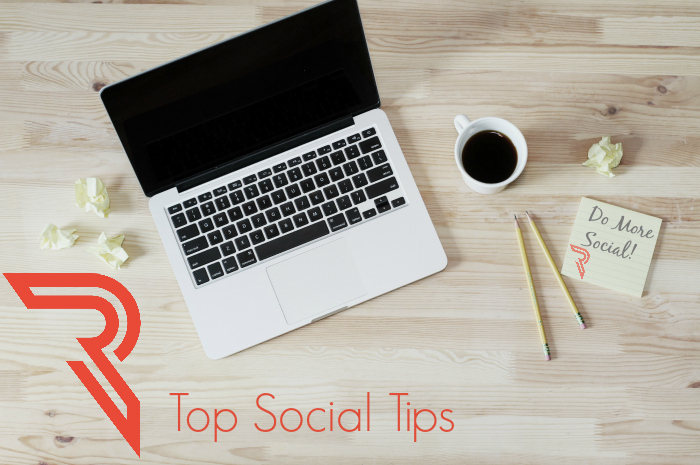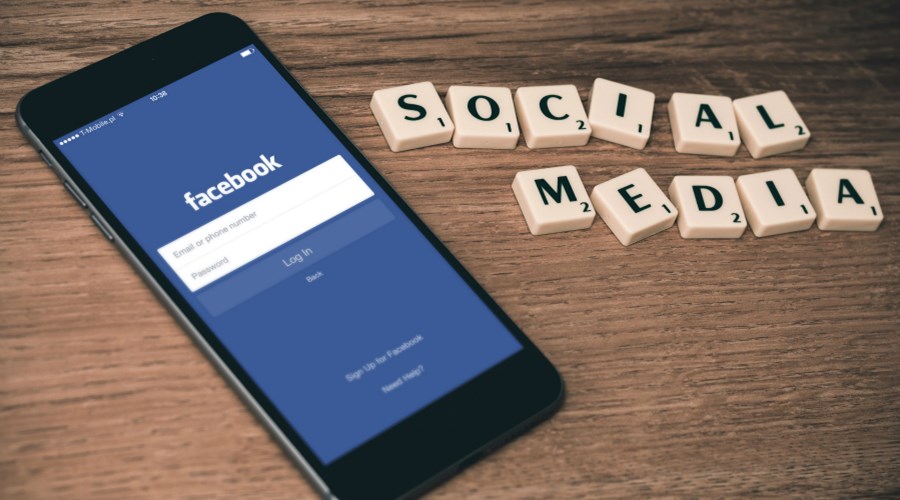Social media is now generally accepted as a key business function among mid to large sized businesses. So much so, it has become a significant part of their marketing budgets, committing large cost and time to develop the platform.
So what we’re here to find out is, is the same theory matched for small businesses and do they really need a social media presence?
Let’s start by taking a look at the youngest, and most socially active customer segment, the millennials, or generation Y (people born in the 80’s or 90’s). This customer segment is now a fully established, consuming, influencing and tech savvy powerhouse of a customer segment! With a constantly increasing purchasing power and a growing disposable income, we say there is a no more important time than now, to tap into the market and adopt social media for your small business.
With it looking as though ‘generation Z' will be even more tech-savvy and internet obsessed than us, social is the future, so jump on the band wagon…and don’t look back!
Pros & Cons of Small Business Social
Okay, the motivational speech is over, let’s take a step back, and as with any question, explore the pros and cons with a slightly more structured approach. Starting with the two most typical assumptions small business owners take when considering social media;
- Business owners feel they may not have a large enough customer base to support the use of a social presence…leading to thoughts of the platform being non-time worthy.
- Social media can be time consuming (if you really want to develop a successful channel) and businesses want to see a quick return on investment of that time spent.
The quick and simple answer to point one is, it’s always worth having a social presence for any size business. It's okay to have a social presence and activity level that is reflective of your business size, you don't need to direct all your resource into a channel straight from its creation. It takes time to build a great social following, so be patient and if you’re offering a great product or service, growth will come with time.
Point two is probably one of the most disputed questions in the industry, there are many ways that you can measure your social activity, conversions and performance, whether that be Google Analytics, Hootsuite or each channels own analytics tool. You can now even identify social accounts as touch points in the customer information search, and attribute sales/leads to that touch point.......fancy!
But when considering value and worth for a small business, direct conversions shouldn’t be the primary objective for having a social presence. The real value and ROI for a small business lies within brand awareness, online exposure and good old fashioned word-of-mouth. Looking at the social as a revenue source should be seen as a long term objective, conversion will come with growth, and growth comes with patience. So be pateient!
My Social Analogy - Is Social Worth it?
Everyone loves a good analogy…so here's mine.
Think of the phrase ‘I’ll Google it’, how often does that one liner pop up in your daily life? Now imagine ‘googling’ something and not finding the answer. Seems absurd right? Well, your customers could be faced with this scary wall on a daily basis.
If you don’t have a web presence (or social presence), then how can your product or service be found by your potential customers? How can your adoring audience shout about your offering and tell the world their thoughts? Social media is the answer.

Top Reasons to Embrace Social Media
Still don’t believe us? Here are a few of our top reasons to connect with your customers.
- Your customers are most likely already using social media, they could be mentioning your business and you don’t know about it.
- Even negative comments can lead to internal changes, and they can be dealt with a lot easier (and quietly) than you would expect.
- Social channels are simple, free to use and effective platforms to share company news, marketing information and updates for your customers.
- Showcase your brand and its personality (In 180 characters, Twitter style!) Take a look at Innocent Drinks Twitter account (@innocent), a great example of a successful and engaging account.
- Attract more customers! Social media accounts as well as your website form the first touch points for potential customers searching for products in your industry.
- A social personality creates competitive advantage. Just because your competitors, or maybe your industry may not traditionally be social savvy, make sure you are and be the first!
- Targeting, social channels and paid social promotion offer very detailed levels of targeting, make use of targeting and pin point your key demogrpahics.
Redspa's Tips & Tricks
- Most popular social platforms to use - Facebook - Twitter - Instagram - YouTube.
- Stay active, but try not to spam your followers.
- Be patient. Although you may associate the internet with speed and instant accessibility, building an influential and successful social media account takes time.
- Try to balance your online profile/personality between personal and professional.
- If you’re new to Social Media, but have a mailing database, use it to let your customer know where to find you, this can help to speed up social growth.
- Maintain consistency across your accounts, and if possible keep similar social account names.
You can find Redspa at the following social links, feel free to drop us any questions or messages.



